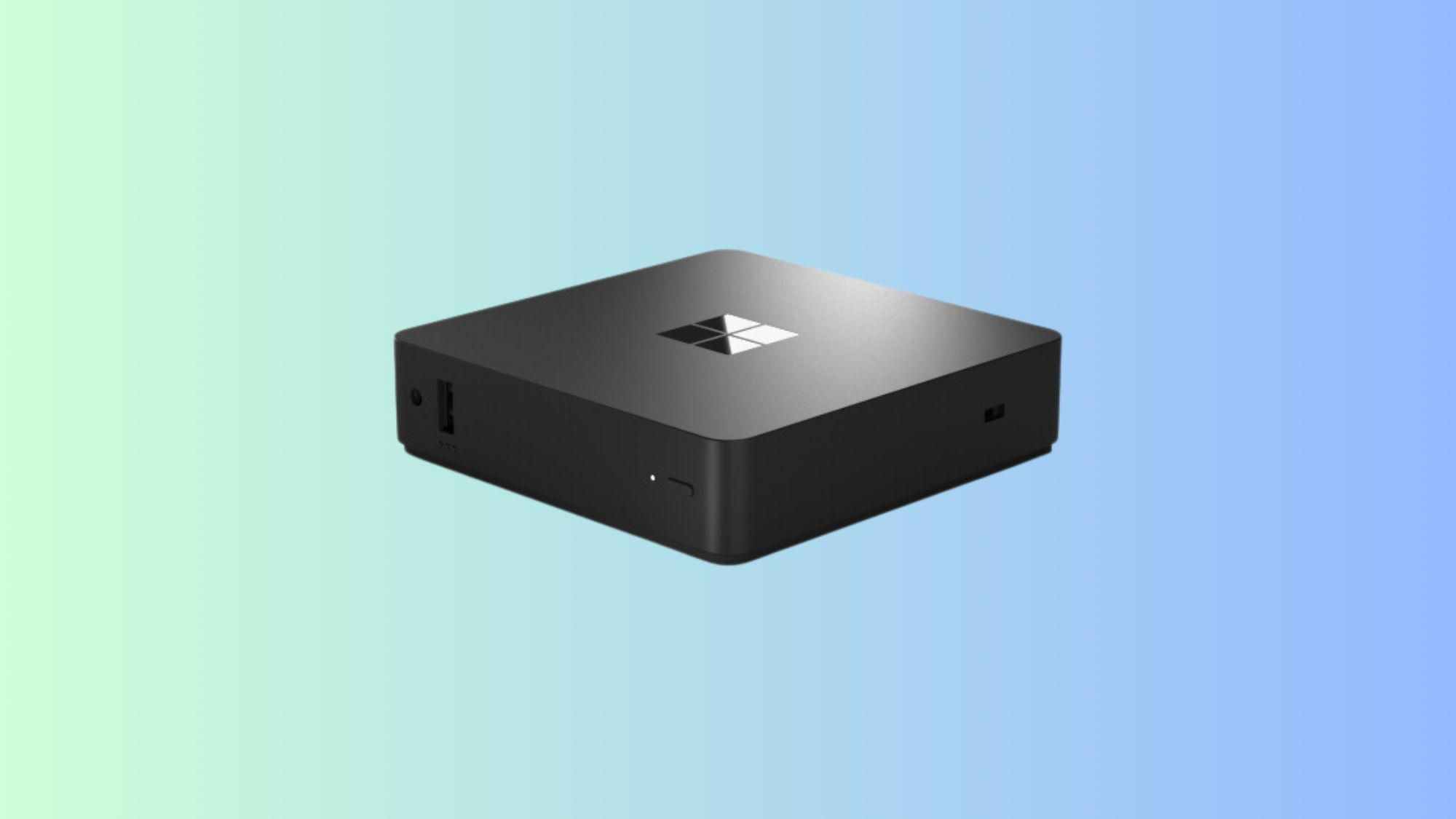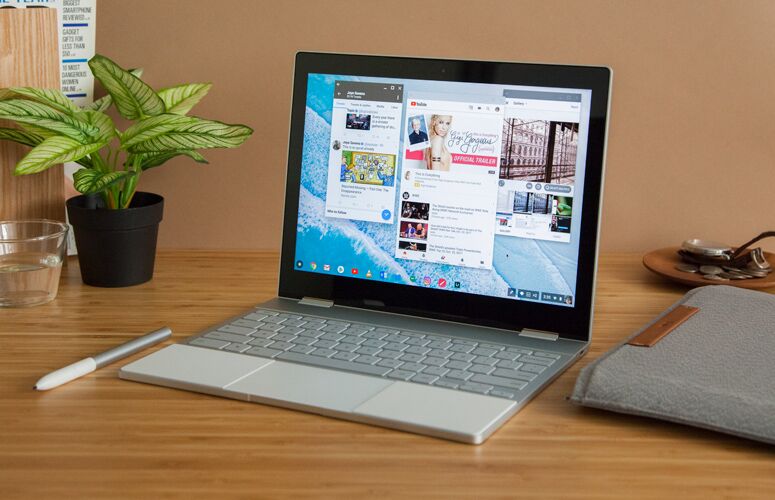
As internet usage started to reach critical mass in the early 2000s, long before smartphones effortlessly connected us to fast wireless networks, several companies sought to create or augment devices that would allow web browsing without a PC, so-called “internet appliances.” In the consumer market, the most successful of these was WebTV, which survived as MSN TV until 2013. But there were plenty of swings and misses from startups and giants alike, including the Virgin Webplayer, 3Com’s Audrey, Sony’s eVilla, and Microsoft’s Web Companions. In the commercial market, Oracle spinout Network Computer, Inc. attracted the most attention, but its product was slow and came to market as PC prices were in freefall.

The rise and fall of cheap and easy internet connected devices
In 2008, TechCrunch founder Michael Arrington floated the idea for a cheap, open-source web tablet that would come to be known as the CrunchPad. But a few weeks before it was set to launch, his design partner claimed it as their own, ultimately releasing it as the disappointing JooJoo. Meanwhile, a small Boston startup called Litl shipped a more polished netbook-class device, the thoughtfully designed Webbook. Priced at $700, it made little headway. But it set the stage for the first broadly successful web-centric device class: the Chromebook. Leveraging Google’s market-leading browser (now targeted for divestment by the U.S. Department of Justice), Chromebooks were cheap yet familiar, highly compatible with websites, fast, and secure. They quickly became a hit in education and earned a place in the product lines of major PC companies that had seen little success with Android. (In fact, Google itself is one of the few companies that has left the Chromebook market.) Connectivity was viewed as so important that the first Chromebook, Google’s own Cr48 aimed at developers, came with a few gigabytes of free Verizon wireless internet access if a hotspot wasn’t available.
Over the years, though, Chrome OS has lost much of its less-is-more differentiation. The big move came in 2019 when Chrome OS began supporting Android apps. Chromebooks can also now run Linux distributions (albeit mostly for developers). And, while its implementation is still far from perfect, Google has improved its tablet interface to the point where it is now best-in-class at accommodating both desktop and touchscreen interfaces. Regardless of whether rumors that Google is looking to fold Chrome OS into Android hold true, Chrome OS as an expression of “browser as operating system” is long dead.
Can Microsoft pick up where Google left off?
Curiously, as Google has been pushing Chrome OS away from cloud-centricity, Microsoft has become more aggressive on the opposite path, at least in education and enterprises. At the launch of the Surface Laptop, the company positioned inexpensive third-party Windows notebooks, aka “Cloudbooks,” as answers to Chromebooks. In November 2021, it waded into the low-cost laptop waters with an education-exclusive Surface Laptop SE featuring a stripped-down version of Windows 11 that didn’t allow downloading of any apps, even from the Microsoft store. That was also the year it launched Windows 365 for enterprises.
Now, Microsoft has unveiled Windows 365 Link, a thin client that can connect only to Windows 365. Microsoft says that Link is the first Windows 365 client that it intends to develop both in-house and with third parties. The paradox in the consumer market is that while Microsoft and others have pushed the performance limits of broadband with cloud gaming platforms, there’s never been much momentum behind a cloud PC service aimed at consumers. That’s in large part because most other traditional consumer PC applications, e.g., word processing, email, and even file managers like OneDrive and Google Drive, are already available there as web apps. Meanwhile, with the 2024 debut of CoPilot+ PCs on a rejuvenated Qualcomm platform and their push across x86 processor architectures in 2025, local PCs aren’t going anywhere.
What's next for cloud computing?
Still, those early internet appliance advocates have been partially vindicated. While the Chromebook as a pure web play is dead, it may soon play host to an enhanced version of Android, one of the two smartphone/tablet OSes that offer a simpler interface than desktop OSes. And AI-imbued smart glasses are progressing toward a world where “computing” involves little more than statements or stares.







